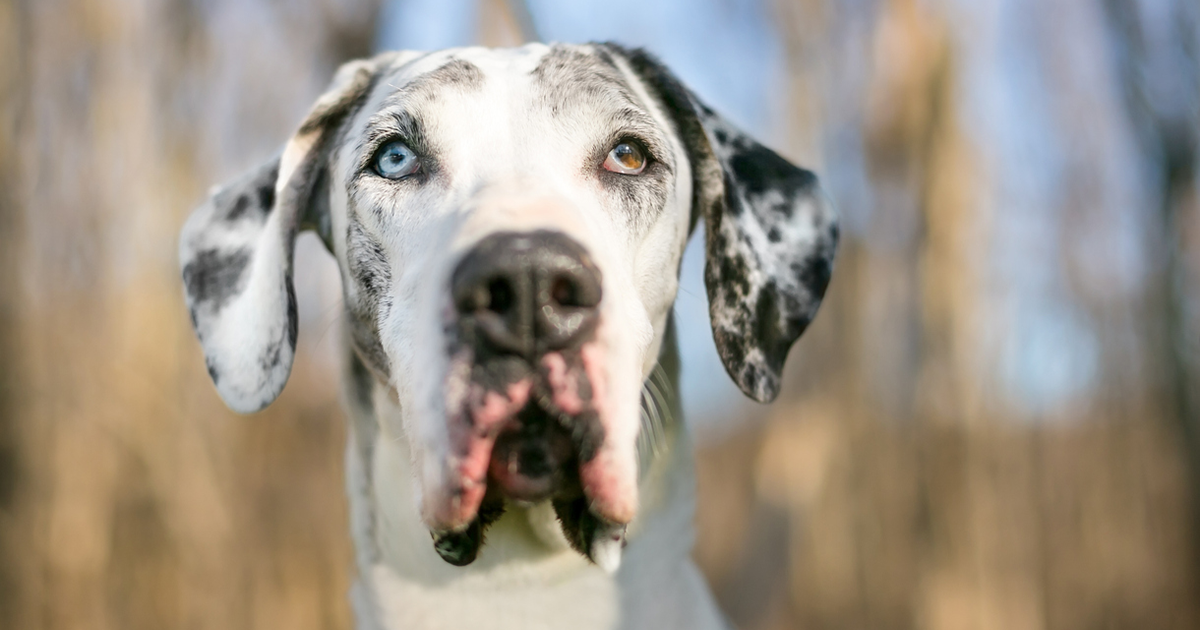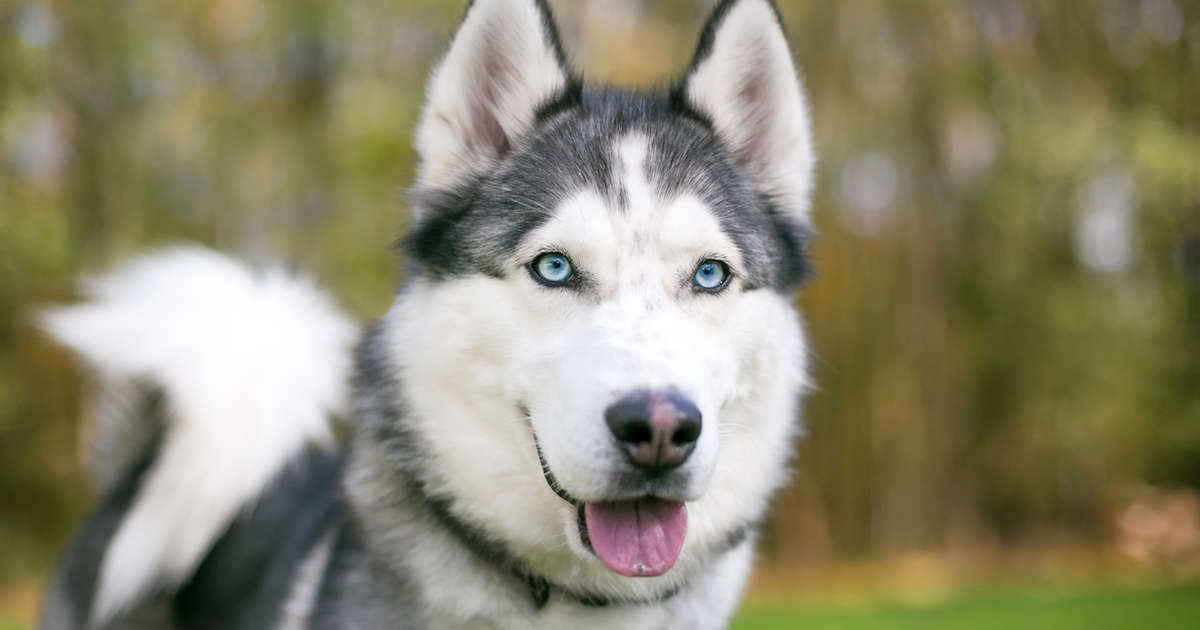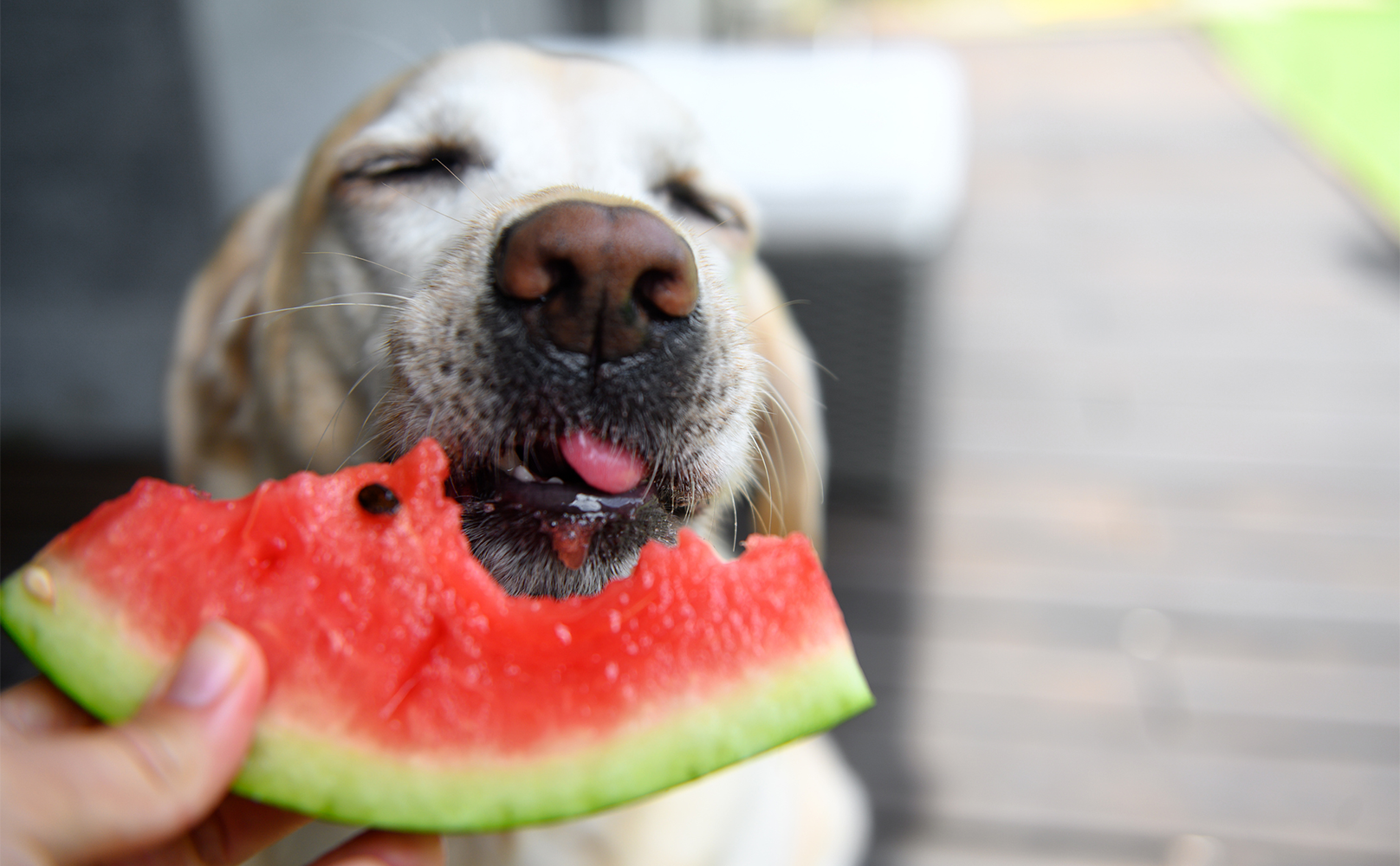Huskies are mid-sized dogs hailing from cold climates where they are known for pulling sleds across the snowy landscapes of the Great White North. These dogs are easily recognizable by their plushy coats, gorgeous almond eyes, and playful expressions.
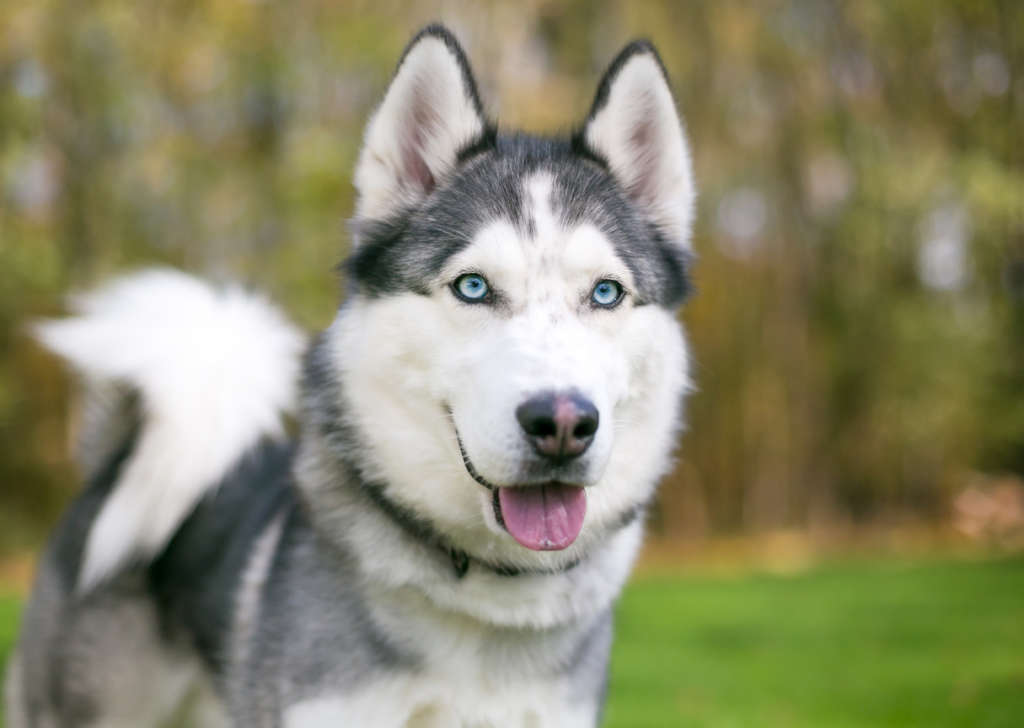

Huskies are a bundle of fun for most dog owners, and while this breed offers its own set of challenges, huskies are known for their boundless love and friendliness. While these burly pooches don’t make an ideal guard dog, much like other dog breeds, they do make caring companions for anyone willing to welcome them into a loving home.
Breed Overview
Also Known As…
Husky. Husky Sibe. Chukchi, Togo, Balto, sled dog, Snow Buddies. The reason your vacuum broke.
What Is The History Of The Husky?
As direct descendants of dogs first bred in the Chukchi Peninsula in eastern Siberia, huskies have a long history as sled dogs. In the northern regions of Russia, these pups help the Chukchi people traverse the tundra as they hunt for food across the frozen expanse.
In 1908, the Russian fur trader William Goosak brought the husky to Alaska in the United States. Gold had been discovered in Alaska and travelers needed an efficient way to cross the snowy territory of North America—hence husky-drawn sleds. Despite their small size in comparison to the Alaskan malamute, huskies came to impress Alaskans with their endurance and speed. This dog breed quickly became prized for any sled dog race, placing in international competitions for the next several decades.
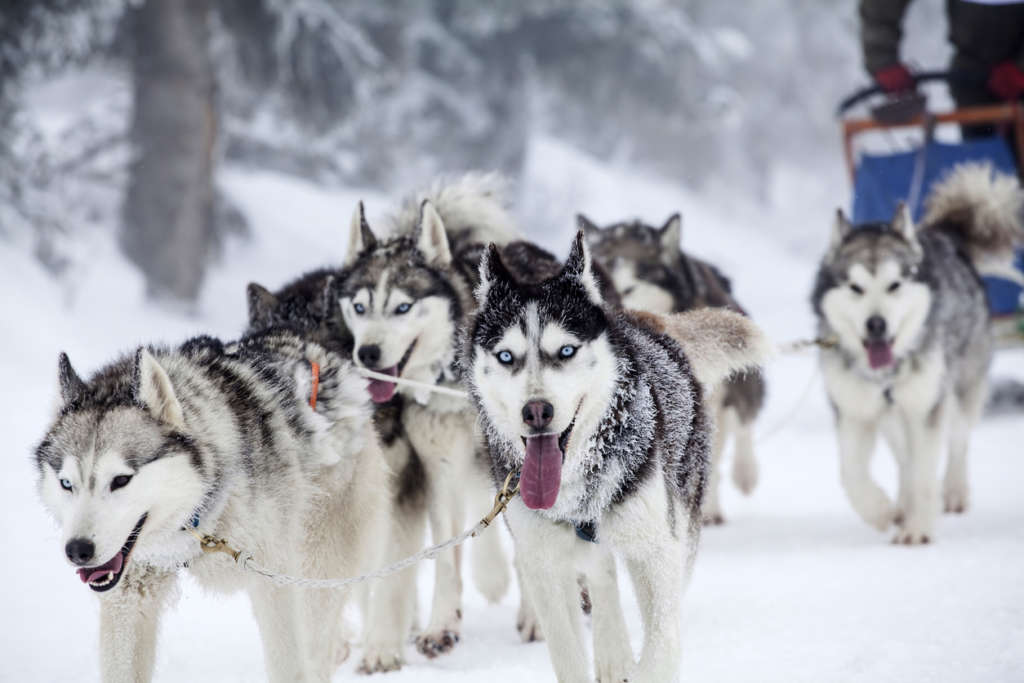

By the 1930s, the Siberian husky earned recognition from the American Kennel Club, and the breed was enlisted for history-making expeditions across Antarctica. In 1938, the Siberian Husky Club of America was founded, and throughout the 20th century, the husky became a beloved household pet and mascot for academic institutions across the country.
Now, you can expect to find huskies anywhere. On the big screen (and smaller screens at home), huskies continue to captivate movie and TV audiences with their good looks and charming personalities. Today, you’re likely to find a husky curled up at their owner’s feet or playing a friendly game of fetch in the park.
There’s plenty we don’t know about the ten-thousand-year history of the husky, but they’ve certainly made their mark and earned a stunning reputation over the past hundred years.
How Big Do Huskies Get?
A husky is considered a medium-sized dog. They’re expected to reach full size around 15 months. However, many cross breeds have created huskies of various sizes.
Height: 20-24 inches tall
Weight: 35-60 pounds
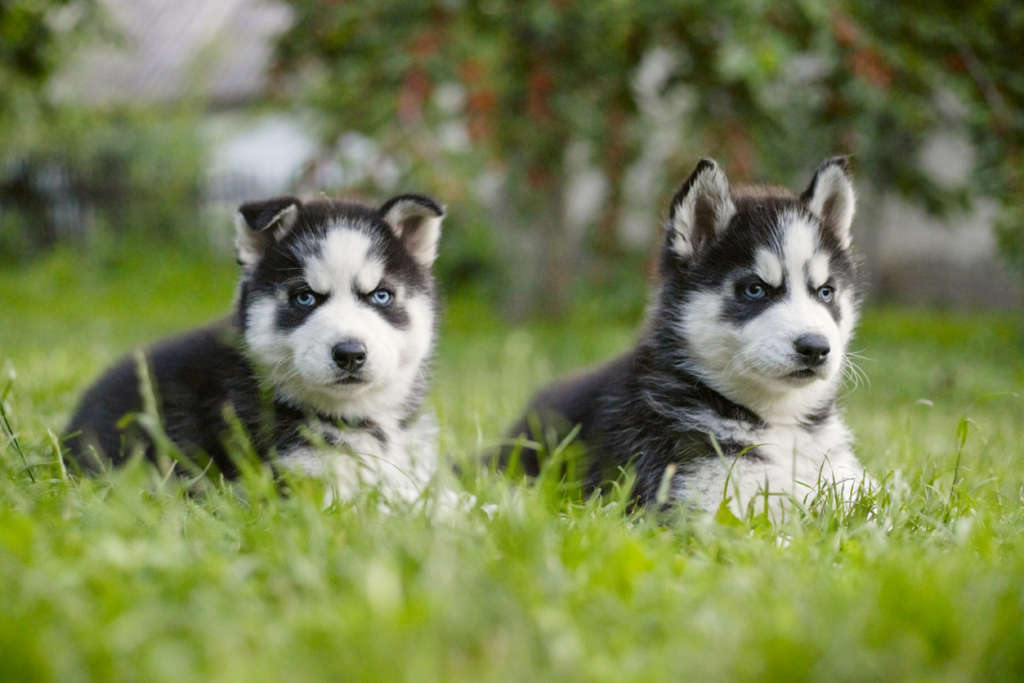

How Long Do Huskies (Generally) Live?
Huskies typically live longer than dogs of comparable size. The average lifespan of this breed can range from 12 to 15 years.
What Is A Husky’s Temperament & Personality Like?
Smart but stubborn, it might take a little coaxing and a few treats for your husky to behave how you’d like. That said, much like golden retrievers, they’re known for their warm personalities and deep affection for their humans. In fact, that affection can even extend to new people or strangers, as huskies can become fast friends with nearly anyone (or anything).
Huskies are pack dogs, and nothing makes them happier than spending time in good company. Despite their independent nature, they’re likely to feel most at home when with their people and family members.
Huskies are known to howl as opposed to bark, and you’re more likely to see them whine than act aggressively. One key thing to remember about huskies: they love to run free. That means they’re more likely than other breeds to hop fences, dig holes, and escape from backyards. They also have a high prey drive, so don’t be surprised if you catch your husky chasing after birds and squirrels—it’s just their instincts kicking in.
Good With Kids? Cats? Dogs?
Few dogs are as sweet and cuddly as the Siberian husky. While they make poor guard dogs, they’re more than happy to spend time with young children. Patient and tolerant, huskies are ideal family pets, so long as children are taught how to interact with them in a respectful way.
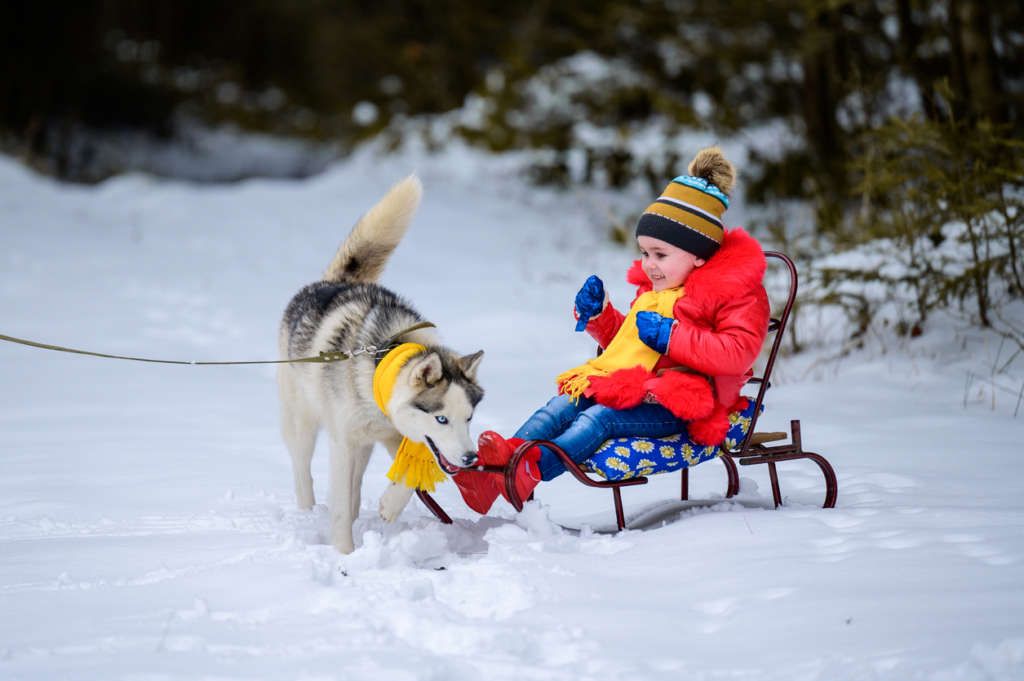

As pack animals, huskies are very happy in multi-dog homes and are known to build deep and lasting relationships with their canine brothers and sisters. Unfortunately, the same can’t be said for cats. While huskies err on the gentle and non-aggressive side, they tend to have issues with felines, likely because of their heightened prey drive. Often, huskies will chase cats just as they do rabbits, squirrels, and other small animals, making them a real terror for kitties. Still, if introduced at a young enough age, it’s possible for huskies to bond with other cats in the home. It just takes the right husky and the right training.
Are Huskies High Energy?
Because they were bred for high-intensity sled hauling, it should come as no surprise that huskies are very high energy. They’re used to long days out in the snow, pulling hundreds of pounds of weight alongside their pack. While you may not be living the Alaskan lifestyle, you’ll still need to find adequate ways to keep your husky fit and stimulated. Otherwise, you may end up with an unhappy pup gnawing on your furniture.
An hour and a half of exercise daily minimum should be enough to scratch your husky’s exercise itch. Long walks are great, but try to find opportunities for more intense exercise when possible. Bike riding, hiking, and even obstacle courses are some highly stimulating options for your energetic pup.
Are Huskies Hard To Train?
While huskies are extremely friendly, they’re not the most obedient breed. Similar to Great Danes, who aren’t as motivated to obey their owners, these pups are smart enough to know how to be stubborn. Training should be taken seriously from a young age to teach essential skills and encourage good behavior. Introduce commands in a calm and stable environment, and try to keep your sessions short and focused.
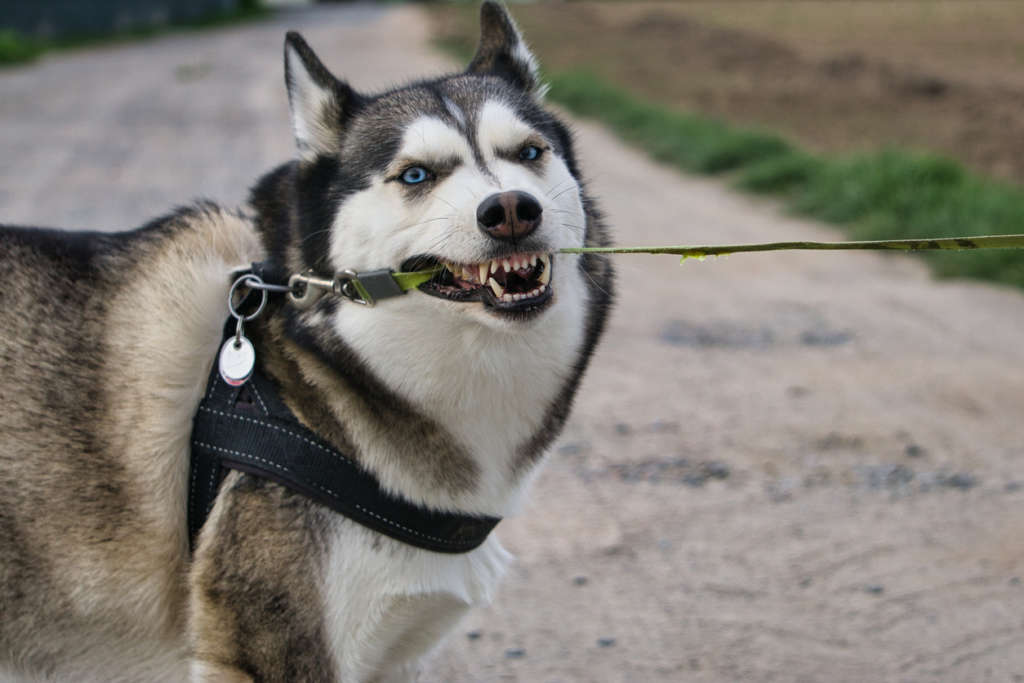

And remember, huskies love positive affirmations. Your pup looks up to you, so make training a fun experience by rewarding them with treats and affection whenever they do something correctly. You may experience a few bumpy spots, but with time and patience, they’re capable of learning complex commands and developing proper doggy manners.
Do Huskies Have Health Issues?
All dogs can have health issues, and huskies are no exception. While this breed is generally strong and healthy, they’re especially prone to genetic conditions like:
- Eye issues
- Skin infections and diseases
- High blood pressure
- Thyroid problems
- Heart disease
Beyond that, watch for skin and coat problems, fatigue, weight loss, behavioral changes, and signs of inflammatory bowel disease, including vomiting or diarrhea. If you notice a problem with your husky, take them to the vet. Through diagnostic tests, treatment, and routine care, you can avoid most health problems before they become serious.
Do Huskies Need To Be Groomed?
Huskies are renowned for their lush, regal coats, but they don’t have especially involved grooming needs. In fact, huskies are a naturally clean breed. It’s recommended for any dog owner that you bathe your husky every few months to keep them feeling and smelling clean and commit to routine care.
Bred in cold climates, their thick double coat can keep them warm and well-protected from the elements, just like a German shepherd. That said, they do shed. With regular brushing, you can keep your home from collecting too many fur tumbleweeds. Plus, huskies typically “blow” their undercoat twice per year, resulting in more seasonal shedding and maintenance.
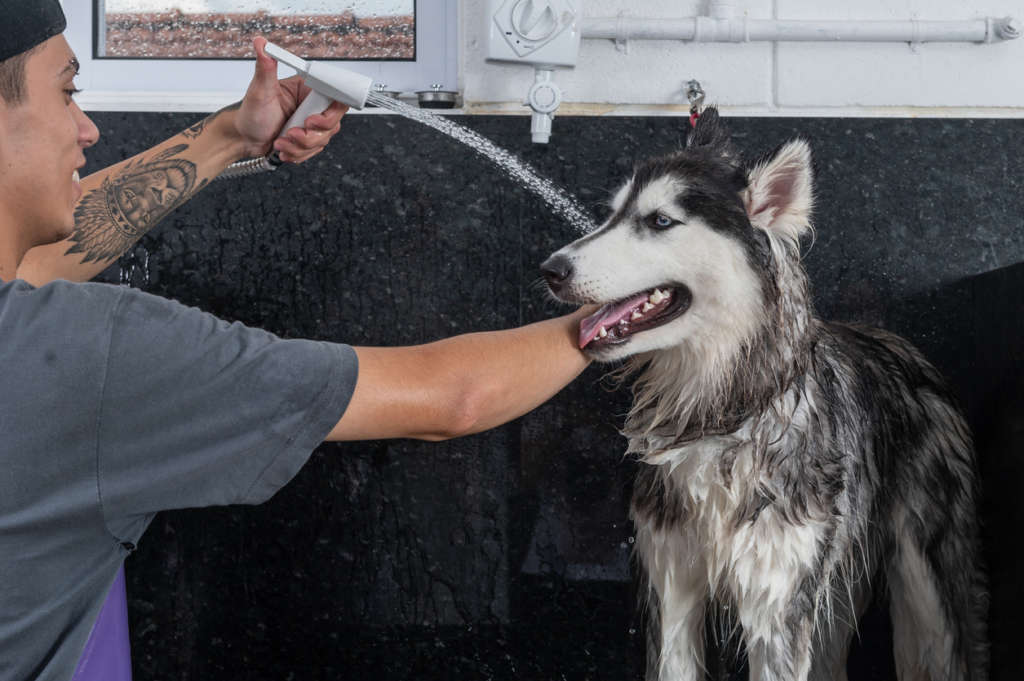

How Much Does It Cost To Care For A Husky?
The cost to bring a husky home can range from $700 to $1300. After welcoming them to the family, you can expect to spend about $1500 per year to care for them. Despite the relatively high cost of adoption and ownership, most owners agree that their companionship is well worth it.
Food
For a healthy husky, 1½ to 2 cups of food per day should keep them well-fed. That means meal costs could range from $30–$70 per month depending on your food of choice.
Make feeding your husky even easier with BARK Eats. You’ll get veterinary nutritionist-approved meals sent straight to your door, with high-quality ingredients your pup will love. Get 50% off your first month!


Routine Vet Care (Healthy Dog)
You’ll want to keep up with your husky’s health by scheduling yearly veterinary appointments. These consultations typically cost around $50–$100 and do not include blood work or more extensive screenings. Be prepared to pay upwards of $200 for x-rays or ultrasounds if something serious happens.
Preventative Medications
You can purchase a year’s worth of heartworm, flea, and tick prevention treatments for about $100+. Additionally, your husky should receive vaccines such as rabies, parainfluenza, and canine distemper, as recommended by your vet, all of which will cost you an extra fee.
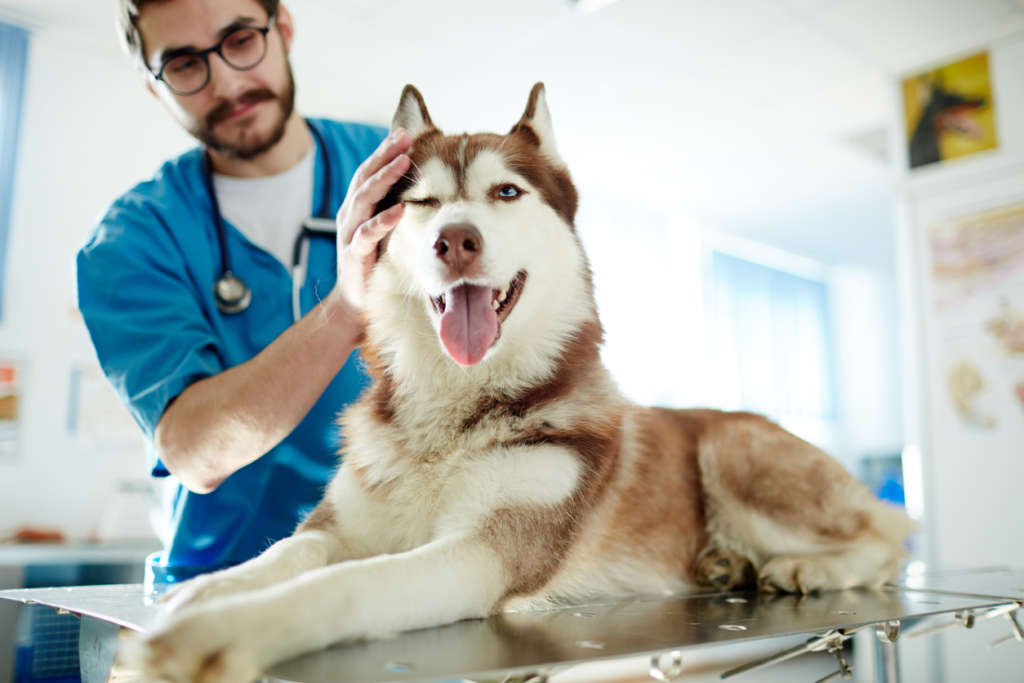

Grooming
As mentioned, huskies aren’t particularly needy when it comes to grooming, aside from routine brushing to keep their undercoat healthy. Consider purchasing dog-friendly shampoo, a scrub brush, nail clippers, and dental cleaning supplies to keep your dog well-groomed at home. All these supplies can cost around $50+ altogether.
If you’re less comfortable grooming your pup yourself, you can visit a professional. Grooming services can range extensively, but expect to pay at least $50 per session for a thick-coated dog.
Toys, Treats, Beds, & Accessories
Be sure to budget for the fun stuff! One of the best parts of taking home your new pup is purchasing toys, leashes, and accessories personalized to your (and more importantly, their) tastes.
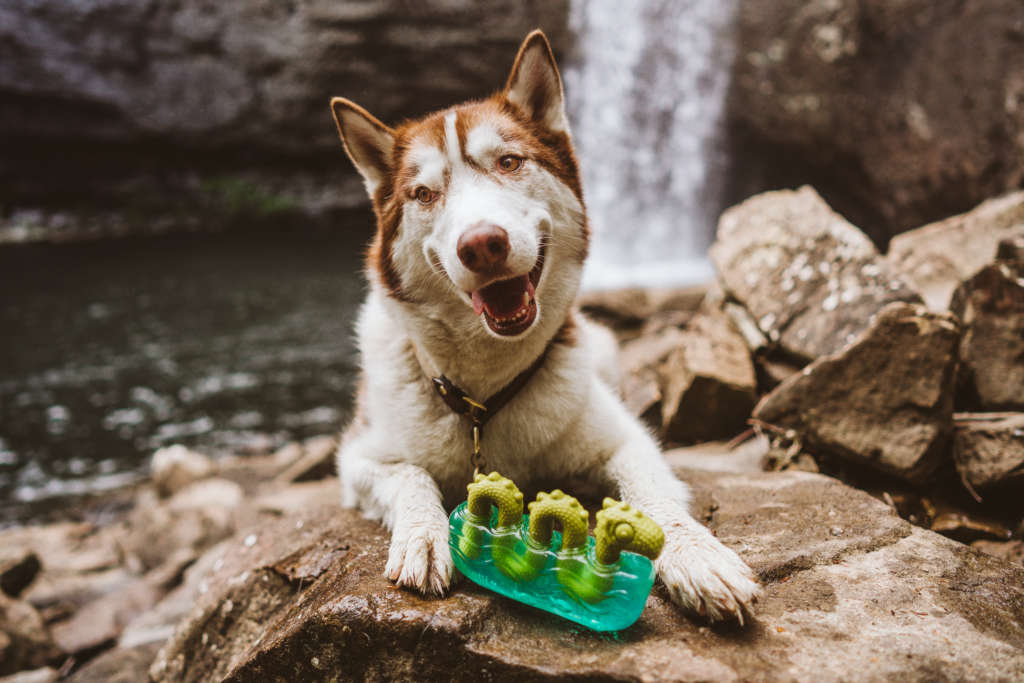

Make treating your dog a monthly event by signing up for BarkBox. For $23/month you can enjoy 2 toys, 2 full-size bags of treats, and a tasty chew. Is your husky a more determined nibbler? Try the Super Chewer subscription for $29 per month for 2 ultra-durable toys, 2 full-size bags of treats, and 2 meaty chews. DOUBLE YOUR FIRST BOX FREE!


Beyond that, husky-sized beds will cost you $50–$100, and a sturdy crate will likely set you back $100 as well. It’s up to you to determine your husky’s wants and needs, but you might have trouble saying no to that cute face.
Working puppy parents may need to factor in the following costs as well:
- Dog walker ($15–$25 per walk)
- Daycare ($25–$50 per day)
- Kenneling ($30–$50 per night)
- Training classes ($30–$100 per session)
- Supplements, like hip & joint or skin & coat ($25+ per month)
Sources
Siberian Husky Welfare Association. A brief history of the Siberian Husky. https://siberianhuskywelfare.co.uk/siberian-husky-history/
Animal Health Center. Siberian Husky. https://animalhealthcenternh.com/client-resources/breed-info/siberian-husky/


